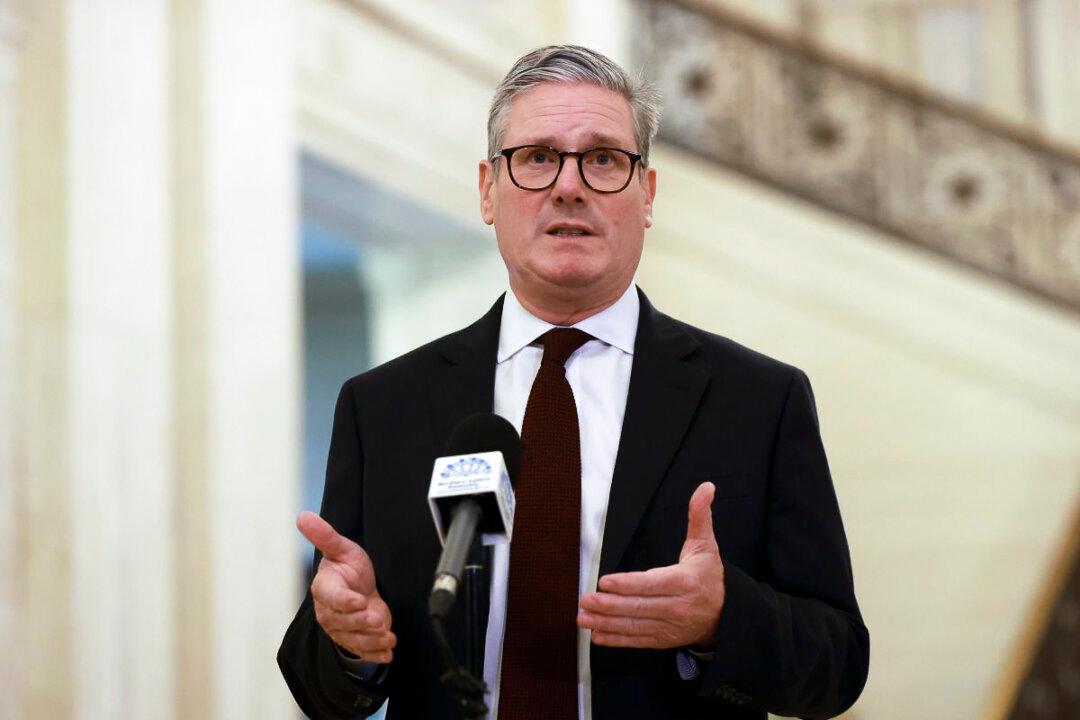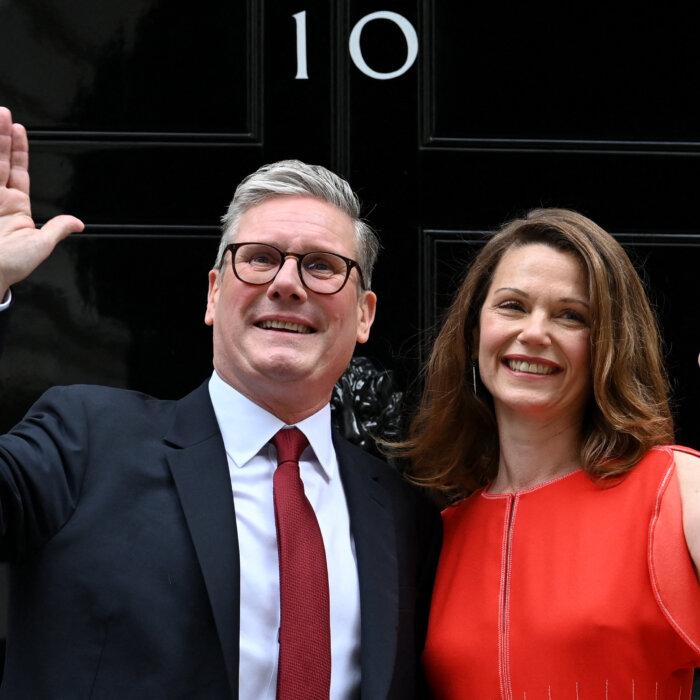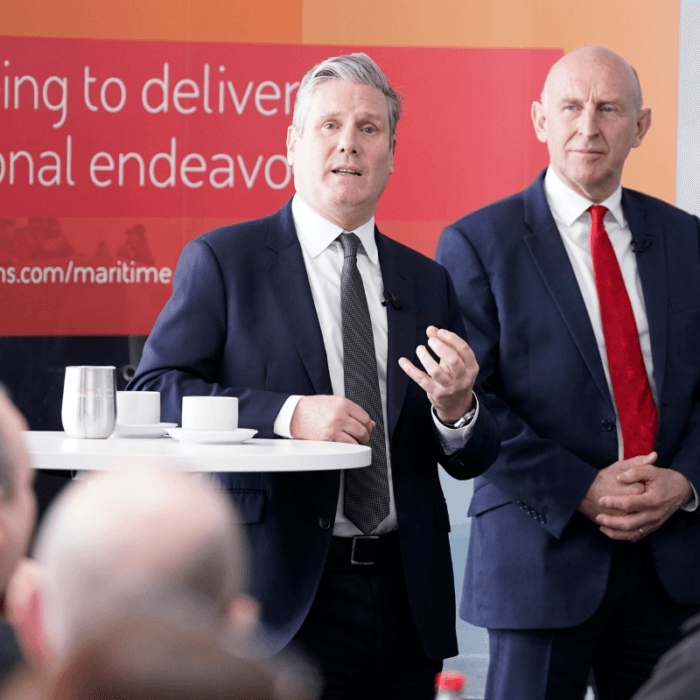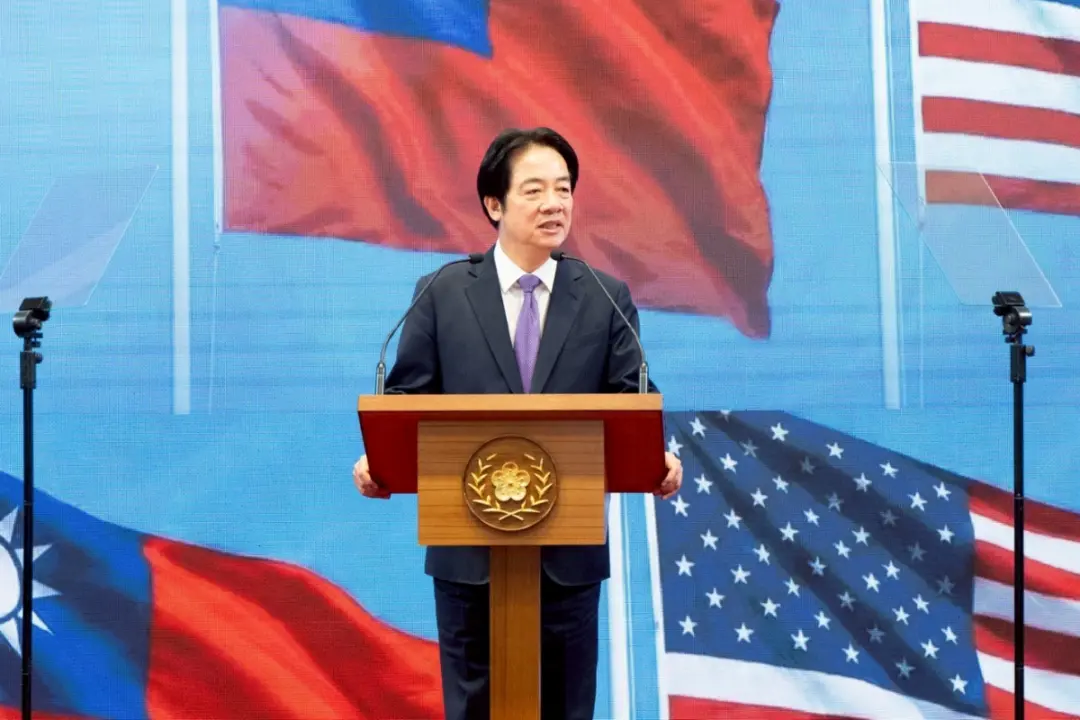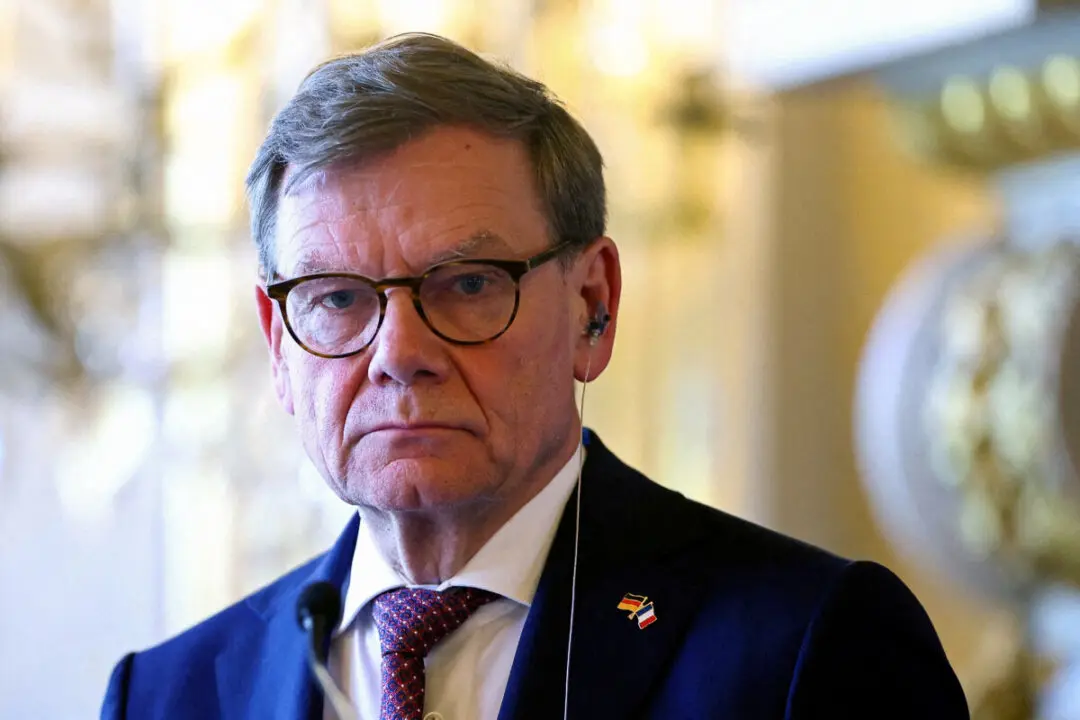Work has “already begun” on forging “closer ties” with the EU, said Prime Minister Sir Keir Starmer, adding that his administration would seek a “better deal” with the bloc.
Sir Keir said on Sunday during a trip to Edinburgh that his new Labour government intends to “improve our relationship with the EU.” He said this means “closer trading ties with the EU, it means closer ties in relation to research and development and closer ties in relation to defence and security.”
The prime minister went on to criticise former Prime Minister Boris Johnson’s “botched” trade agreement with the EU—the EU-UK Trade and Cooperation Agreement, which came into effect in May 2021—signalling that working on new arrangements could form some of the “many discussions” and negotiations his team are set to have with Brussels.
Sir Keir reiterated his intentions for reworking the UK’s trading arrangements with the EU on Monday, saying during a trip to Stormont, the home of Northern Ireland’s devolved assembly, “We think we can get a better deal than the botched deal that Boris Johnson brought home and we will work on that, understanding the work that needs to be done and the nature of the challenge.”
Labour ‘Not Open’ to Free Movement of People
Others in the new Cabinet have also raised how Labour intends to reshape relations with the bloc, including business secretary Jonathan Reynolds, who told Sky News on Sunday that “removing some of those barriers to trade makes sense” when discussing future arrangements with the EU.Pressed on whether a Labour government would push for a return of the free movement of people between the UK and EU, Mr. Reynolds said it was not on the table.
The minister told Sky News, “We’re not open to the free movement of people, that is something that is part of membership of the European Union and, as I said, we’re not revisiting that.”
‘Ambitious’ UK-EU Security Pact
The new foreign secretary, David Lammy, has also been using his initial days in Cabinet to reaffirm Labour’s plans to “reset relations” with the EU.Ahead of meeting with his counterparts in Germany, Poland, and Sweden, Mr. Lammy wrote an opinion piece for The Local Europe where he said that the new Labour government would endeavour to work “even more closely“ with the bloc ”to tackle shared challenges,” such as support for Ukraine and the “climate emergency.”
Mr. Lammy focused on “European security,” which he said was “this Government’s foreign and defence priority.”
“I will be explaining to my new fellow foreign ministers how our new Government’s proposal for an ambitious and broad-ranging UK-EU Security Pact would underpin closer cooperation between us, enshrining a new geopolitical partnership,” he wrote on Sunday.
Labour had said in its manifesto that it would “rebuild” defence relationships with key European allies, such as Germany and France. The party would increase security cooperation and seek “closer working” with partners in the Joint Expeditionary Force, a high-readiness military task force which tackles global crises, comprised of Northern European nations and led by the UK.
The UK’s most senior diplomat added that Labour’s commitment to NATO is “unshakeable,” writing that he would be discussing with his counterparts “how NATO allies can go further in investing in our tightly connected defence industries and providing Ukraine with its own clear path to joining our alliance.”
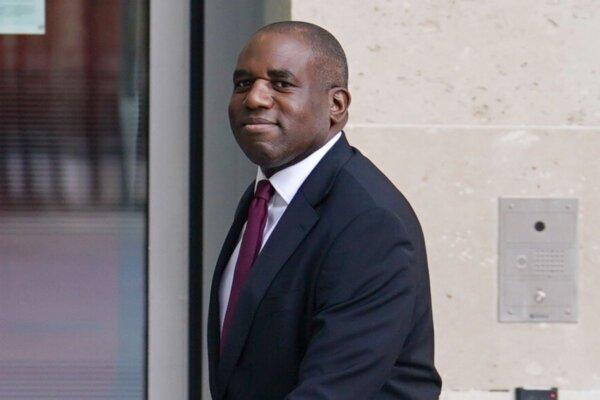
On Tuesday, the prime minister, foreign secretary, and Secretary of State for Defence John Healey will travel to Washington for the NATO summit, which marks the 75th anniversary of the defence union.
